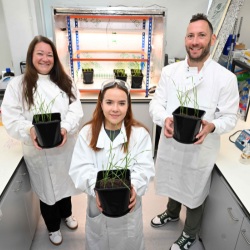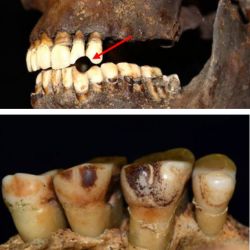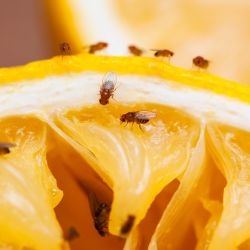Northumbria expands results day support for students
Northumbria University is expanding and enhancing the support it provides to students receiving…
International
Northumbria’s global footprint touches every continent across the world, through our global partnerships across 17 institutions in 10 countries, to our 277,000 strong alumni community and 150 recruitment partners – we prepare our students for the challenges of tomorrow. Discover more about how to join Northumbria’s global family or our partnerships.
View our Global FootprintBusiness
The world is changing faster than ever before. The future is there to be won by organisations who find ways to turn today's possibilities into tomorrows competitive edge. In a connected world, collaboration can be the key to success.
More on our Business ServicesResearch
Northumbria is a research-rich, business-focused, professional university with a global reputation for academic quality. We conduct ground-breaking research that is responsive to the science & technology, health & well being, economic and social and arts & cultural needs for the communities
Discover more about our ResearchAlumni
Northumbria University is renowned for the calibre of its business-ready graduates. Our alumni network has over 253,000 graduates based in 178 countries worldwide in a range of sectors, our alumni are making a real impact on the world.
Our AlumniIs what is good for the heart also good for the brain?
Dr Catherine Tsang 09/06/23
It is well recognised that being overweight and obese increases the risk for the development of cardiometabolic disease, and recent evidence indicates a link to cognitive impairment associated with early onset dementia in such populations. Dementia is associated with severe cognitive impairment, reduced quality of life and mortality, and is considered a major public health crisis affecting over 50 million people globally. Worryingly, younger overweight and obese populations, may be at a higher risk of developing early-onset Dementia, with mild cognitive impairment arising in the early stages of disease. The Global Council on Brain Health (GCBH) recently convened experts from around the globe to understand the impact of cardiovascular risk factors as well as lifestyle choices including diet, on brain health in adults. They concluded that the evidence to date shows “what’s good for the heart is also good for the brain.” So, which foods should we include in our diet? Polyphenols are natural compounds widespread in the human diet. Foods rich in polyphenols include berries, tea, dark chocolate, and red wine, are recognised for their heart health benefits, and may also play an important role in brain function. But what is the basis for polyphenols having a positive effect on cognition? Several mechanisms include antioxidant, and anti-inflammatory effects, their potential to improve blood pressure, enhance cerebral blood flow, and to increase resting-state cerebral perfusion. Recently, scientists have been interested in studying the effects of polyphenols on brain health, with studies showing that polyphenol-rich food positively impacts cognitive performance or mood change. However, few studies have investigated the effect of polyphenols and brain health in younger “at risk” populations. Recent work highlights the importance of focusing on the impact of polyphenols in younger populations at risk of cognitive impairment. Diets enriched with polyphenols may present the potential as a non-invasive, natural, and inexpensive therapeutic means to support a healthy brain, and heart!

Northumbria University is expanding and enhancing the support it provides to students receiving…

With the global population expected to reach 10 billion by 2050 and crop yields declining annually,…

An Assistant Professor at Northumbria University won the Royal Society of Chemistry’s Award…

Researchers from Northumbria University have discovered that smokers have tell-tale signs of…

Northumbria University has been named Higher Education Institution of the Year at a prestigious…

Two biomedical sciences researchers from Northumbria University have been awarded grants to…

The Spring 2025 edition of Northumbria University’s newspaper is available to collect on campus…

Scientists have discovered that flies can demonstrate play-like behaviour – the first time…